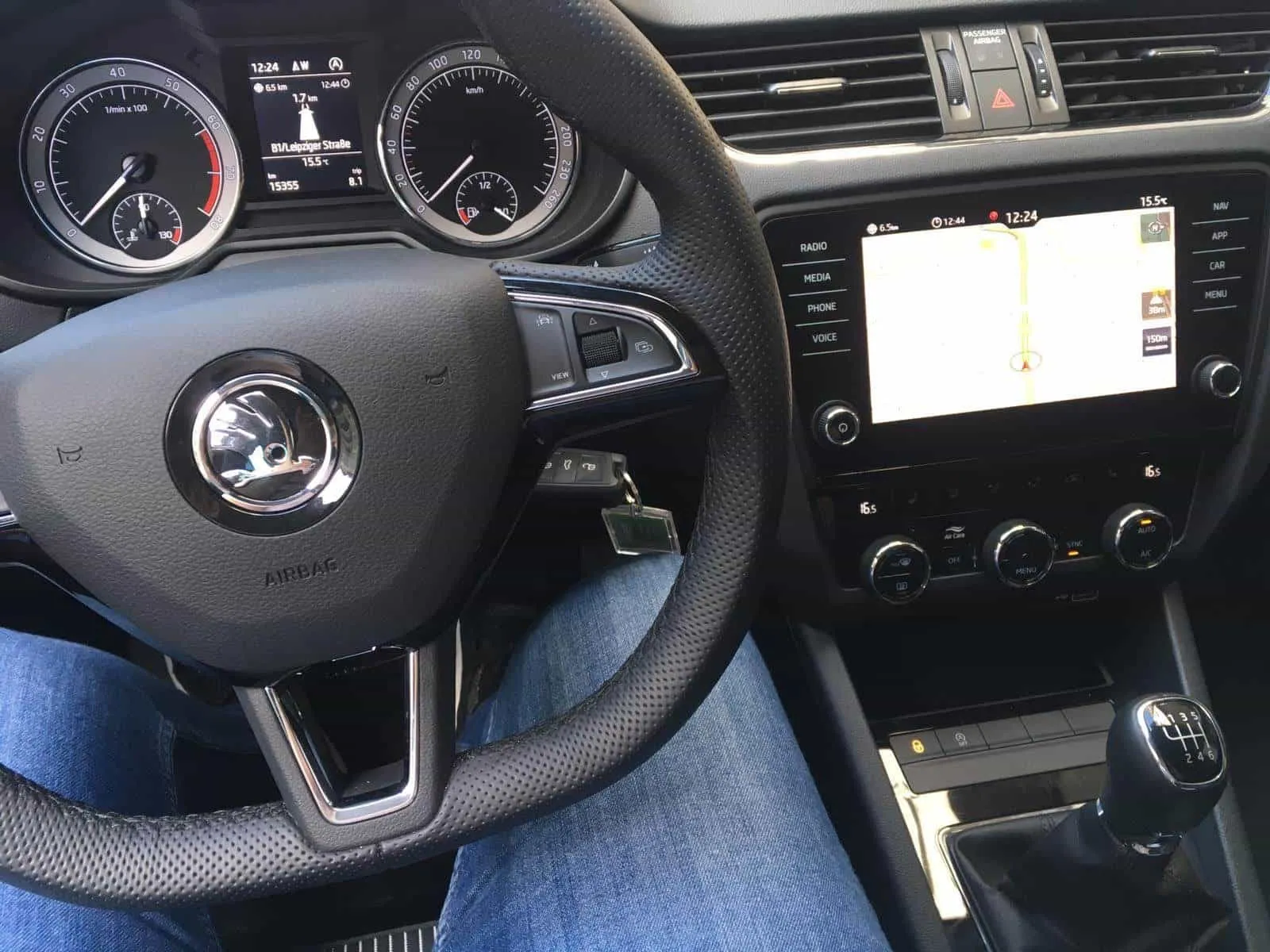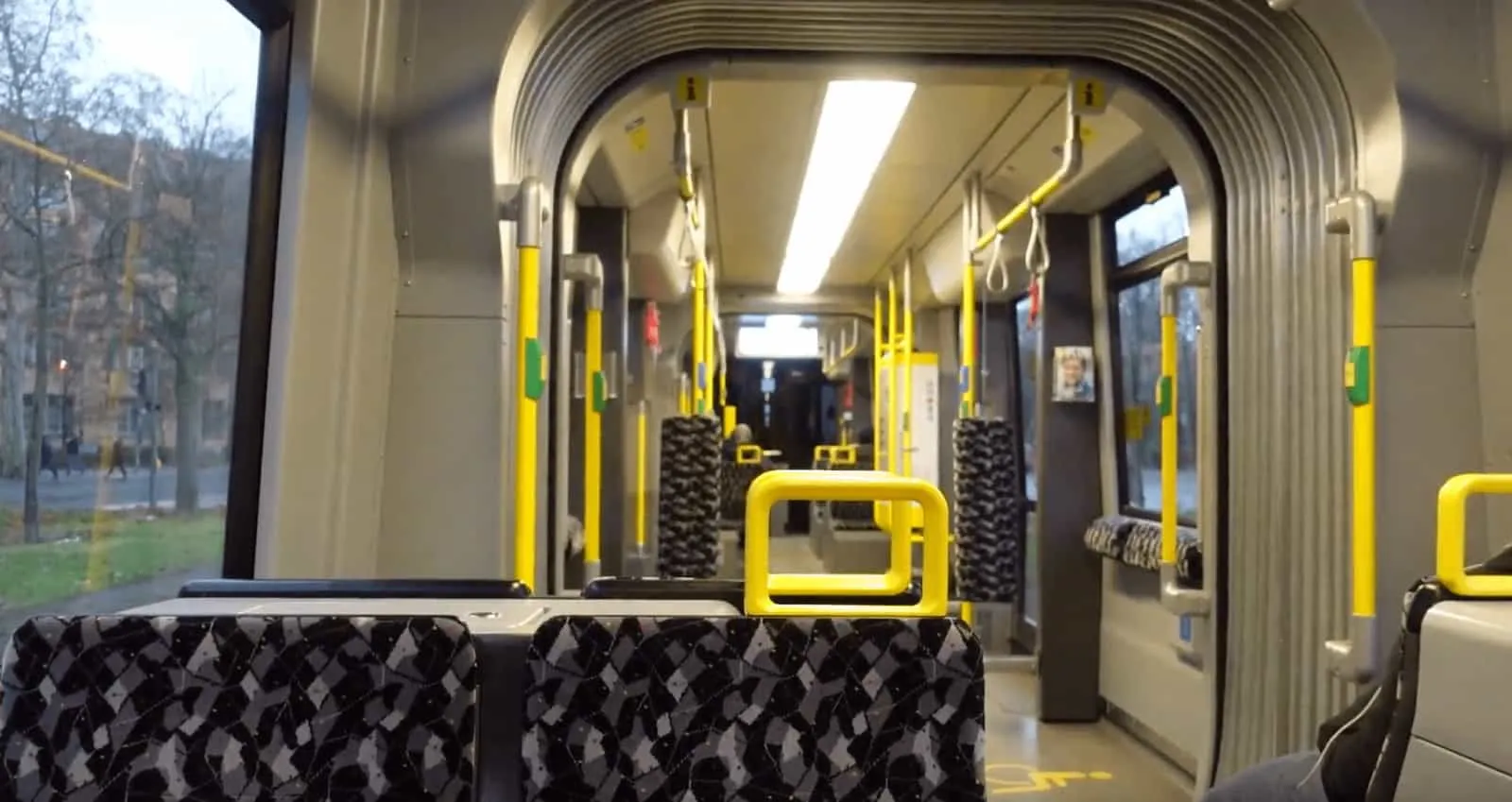Owning a car in Germany has gotten a bit more expensive in 2021. Not only were there already existing strict taxes for transport, but some of them have also been hiked and will continue increasing in the coming years to meet Germany’s climate targets.
By encouraging more climate-friendly modes of transport and discouraging gas-guzzling cars, the taxes seek to reduce the consumption of cars and fuel. The aim is to reduce CO2 emissions in the transport sector by 40 to 42 percent as part of the 2030 Climate Programme.
From the increasing cost of fuel to tax changes and environmental allowances, here’s what road users in Germany should know in 2021.
The motor vehicle tax emissions tax hike
Based on engine size and carbon dioxide emissions, all vehicles in Germany are liable to pay a motor vehicle tax. Calculating the motor vehicle tax is based on:
- CO2 emissions- The basic price is two euros per gram per kilometer
- Engine capacity- Two euros per 100 cm3 for petrol engines and 9,50 euros per 100cm3 for diesel engines
After the amendment of the Motor Vehicle Tax Act in 2020, the tax on the ownership of vehicles gets sharper ecological focus.
From 1 January 2021, new tariffs apply to newly registered cars for the first time to “align the vehicle tax more with the pollutant emissions”.
The new taxation concerns the CO2 part of the existing tax. This is because CO2 emissions are directly linked to the fuel consumption of the vehicle.
The new laws do not change the taxation of previously registered cars.
Taxes will be heavier on high CO2 vehicle owners while lower emission vehicles will have more favorable tax breaks. The “climate component” in vehicle taxation, will apply to cars with CO2 outputs above 95 grams per kilometer.
The tax will be raised to two to four euros per gram per kilometer, gradually and depending on the vehicle’s carbon output.
This means that owners of cars with higher CO2 emissions will be taxed heavier by up to 4 euros per gram per kilometer.
On the other hand, climate-friendly passenger cars with less than 95 grams of CO2 emissions will see an annual tax bonus of 30 euros for a maximum of five years.
Using the motor vehicle tax calculator from the Federal Ministry of Finance, you can find out your tax liability.
The stronger CO2 weighting of the tax assessment and the preferential treatment of particularly emission-reduced cars creates clear incentives for innovative and climate-friendly mobility that remains affordable in the future. The change will particularly affect cars like pick-up trucks and SUVs with high fuel consumption. The annual tax bill could also increase by as much as 350 euros for some sports cars.
There are some exemptions to the vehicle tax. Electric vehicles registered before December 31, 2025, have an exemption from paying the tax until December 31, 2030. The government believes that this will facilitate its goal of having up to ten million e-cars on the road by the end of this decade.
Severely disabled people can also get a vehicle tax reduction of 50% or also receive an exemption from paying the tax.
Fuel tax hike
The heating and transport sectors are responsible for more than a third of Germany’s greenhouse gas emissions. A carbon component on the price of fuels predominantly in transport and heating was set by the fuels emissions trade law (Brennstoffemissionshandelsgesetz – BEHG). This is to introduce a carbon price on fuels used predominantly for heating and transport.
Consumers’ bills for fuels such as petrol and diesel will increase by several cents per liter from 1 January 2021 because of the new carbon price. These make sure that hitting the accelerator on the Autobahn will not be much fun anymore. Unless you drive electric vehicles!
Higher costs for gas infrastructure will increase gas costs for transport and heating in German households in 2021. The German parliament in October 2020 approved a CO2 starting price of 25 euros per tonne as of 1 January 2021.
According to the environment ministry, from the new year of 2021, the price of oil and diesel will rise by 7.9 cents per liter in Germany. The price of petrol is to go up by seven cents per liter and natural gas 0.6 cents per kilowatt-hour.
Germany’s mineral oil tax will increase step by step. In this way, it will get less attractive over the years to drive Diesel or gasoline cars. By 2025, the fixed price will gradually increase from 25 euros to 55 euros. From 2026, the price will be determined in auctions with a price range between 55 to 65 euros.
How is this price calculated?
According to the U.S Environmental Protection Agency, 1 liter of diesel fuel causes 2.67 kg CO2 emissions. Hence, 374.5 liters of diesel contributes to one tonne of carbon dioxide emissions. Thus, starting 2021, a charge of €25 will be added to 374.5 liters of diesel. This contributes to 1 tonne of carbon dioxide emissions. This amounts to an increase of about 7 cents per liter in 2021 and 15 cents in 2025.
Companies trading in natural gas, fuel oil, petrol, and diesel will have to pay a fee for CO2 emissions from the beginning of 2021. They will be obliged to purchase emission rights in the form of greenhouse gas emission certificates for their fossil-fuel products. The German Emissions Trading Authority sells these CO2 emission certificates to companies bringing heating and vehicle fuels into circulation.
The revenue from the pricing scheme will be used to lower electricity costs. Part of the revenue will be used to reimburse those who have a long car commute to work. The German government also plans to invest the additional revenue from the CO2 tax in climate protection measures. For example, in climate-friendly transport and energy-efficient buildings.
Financial relief for citizens
The Federal Government has decided to moderately avoid too great a financial burden on citizens and companies. It has been mentioned that there will not be an added burden on citizens in Germany as all the proceeds will be given back to them through funding measures and parallel relief measures.
The Federal Government will use the proceeds from CO2 pricing primarily to reduce the renewable energy levy and therefore electricity prices. Besides, a rise in the tax-deductible commuting allowance, granting of a mobility premium, and funding measures of the Climate Action Programme 2030 will promote climate-friendly transport.
However, environmental activists claim that the price is too low to really make an impact. They state that the carbon price will not make the necessary contribution to helping the country meet its commitments under the 2015 Paris climate agreement, as it allows too many exceptions. The price has also been pegged as too low to really change consumer behavior.
Emission badges – Umweltplakatte
Emission Badges or Umweltplakette are assigned to each vehicle which denotes how polluting the vehicles are according to European emission standards. To limit air pollution, several of Germany’s major cities have introduced environmental green zones (Umweltzonen).
The controlled zones are located in major urban areas of German cities like Berlin, Munich, Cologne, and Stuttgart. Only cars with green emission badges (petrol vehicles at 1 euro or above or diesel vehicles of 4 euros or above) can enter these protected zones. If the vehicle is more than 12 years old, it may not be allowed to enter emission zones. However most newer cars will qualify for a green sticker.
Additional measures
A few practices are also in place to ensure that the cars in Germany abide by safety as well as environmental standards.
All drivers in Germany must be covered by car insurance. A vehicle cannot be registered in Germany without car insurance. This insurance must be bought in Germany even if you have brought your car and insurance from abroad.
The price of car insurance in Germany depends on various factors, including the value and engine size of the car. Periodic safety checks are also made in a variety of categories to check that the car is safe for the road as well as the environment.










